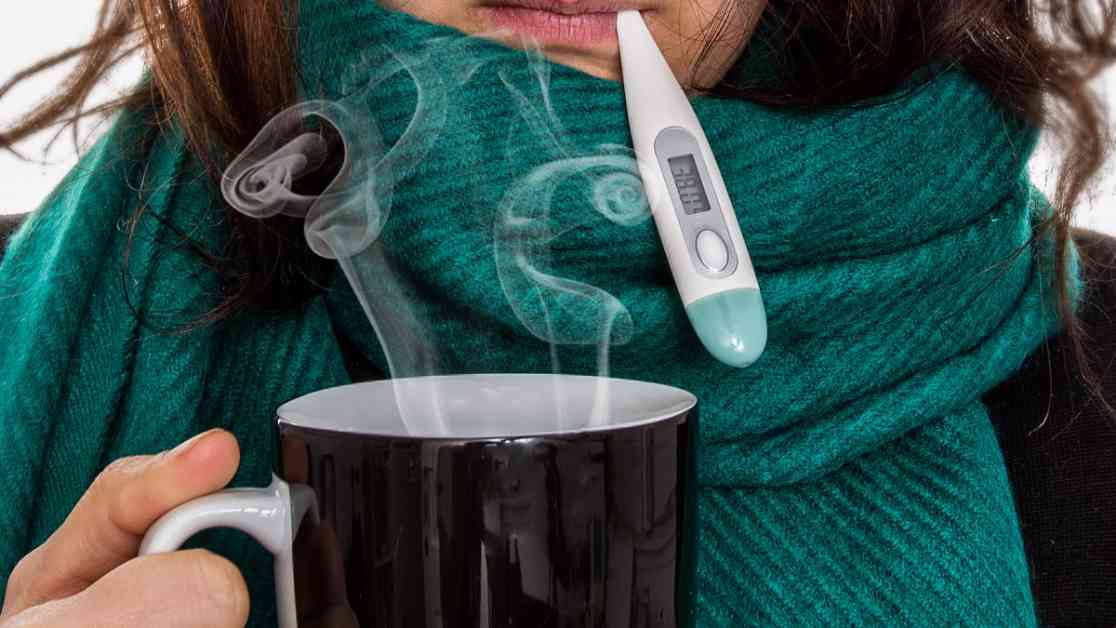Common Symptoms and Protection Against Norovirus, COVID, Flu, and RSV
In the midst of winter, a wave of illnesses has descended upon many, including the dreaded flu, COVID-19, norovirus, and colds. As the chilly air forces us indoors, where germs thrive, medical experts in the Chicago area have noted a concerning surge in hospital admissions post-holidays.
Dr. Whitney Lyn, lead family medicine physician at Sengstacke Health Center of Provident Hospital, expressed alarm at the rising rate of cases in late December. According to the Illinois Department of Public Health, the state remained under a “high” level of respiratory viruses for the week ending on Jan. 4. The Centers for Disease Control and Prevention reported a high level of acute respiratory illness driving people to seek healthcare as COVID-19, seasonal influenza, and RSV cases spiked across the nation.
Symptoms of Current Viruses
When it comes to distinguishing between various respiratory viruses like COVID-19, flu, colds, or RSV, the symptoms can be overlapping yet distinct. Norovirus typically brings about symptoms like vomiting, diarrhea, nausea, and stomach pain. On the other hand, the common cold manifests with a runny nose, congestion, cough, sore throat, and headaches.
COVID-19 symptoms include fever, cough, shortness of breath, fatigue, loss of smell or taste, muscle aches, and more. Dr. Katelyn Jetelina, a scientific consultant for the CDC, highlighted the variability in symptoms based on the COVID-19 variant and individual health conditions.
RSV often presents with cold-like symptoms such as runny nose, congestion, coughing, sneezing, fever, and decreased appetite. People infected with RSV may exhibit wheezing, rapid breathing, or bluish skin color in severe cases.
Protection Against Viruses
To safeguard oneself against these viruses, rigorous handwashing with soap is a crucial preventative measure recommended by the U.S. Centers for Disease Control and Prevention. Regular surface cleaning with appropriate disinfectants can help curb the spread of germs.
Avoiding touching the face, masking in crowded areas, and getting vaccinated against COVID-19 and the flu are additional strategies to protect against respiratory viruses. Rest, hydration, and prompt testing if symptomatic can aid in early diagnosis and treatment, ensuring a quicker recovery and reducing the risk of transmission to others. Stay home if unwell to prevent the spread of illnesses and prioritize self-care to bolster your immune system.
Remember, while these viruses may be circulating widely, taking proactive steps to protect yourself and others can make a significant difference in curbing their impact on your health and well-being.












